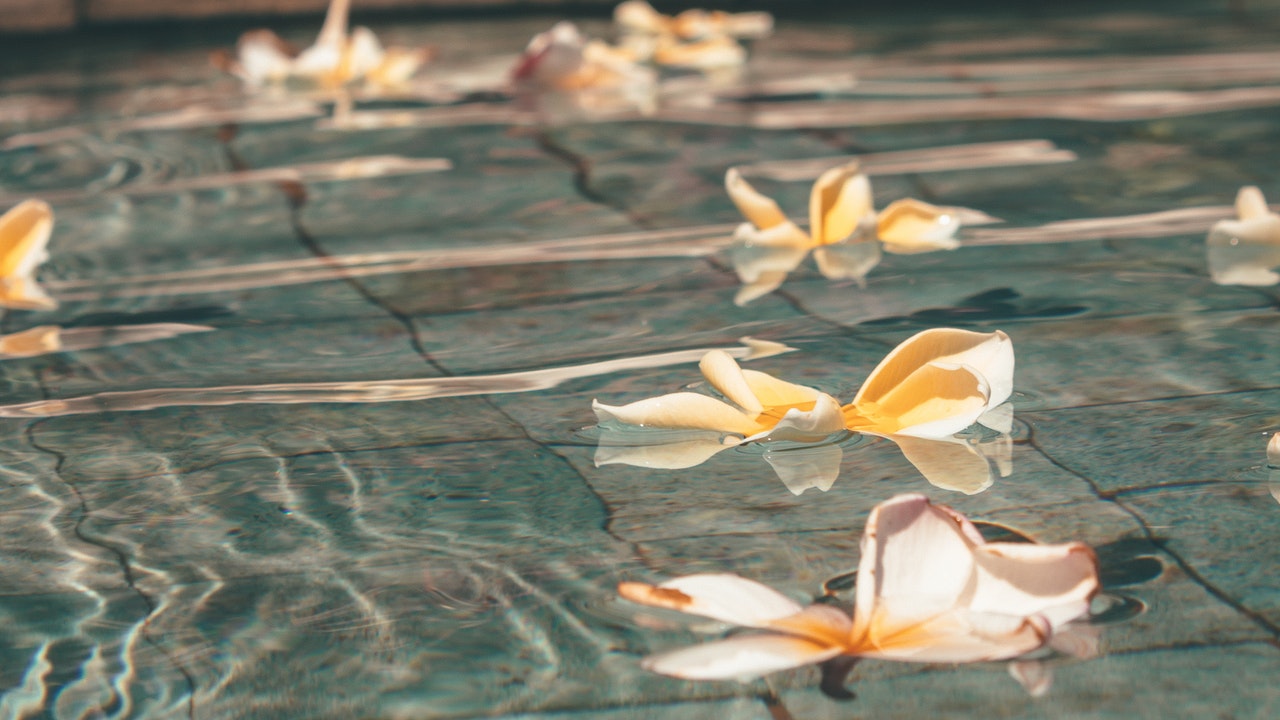Swimming has been a constant since man discovered the swimming hole. So, surely when the swimming pool was invented, so were the swimming pool myths to go with it.
While much of it has changed over the last few generations, much has also remained exactly the same. Too many myths have been circling around for too long not to address them.
So it’s time to debunk these swimming pool myths and put them to rest. There’s no time to waste: the sun is out and that new pool float is calling your name.

Swimming Pool Myths Debunked.
Top Three Most Common Swimming Pool Myths
Wait An Hour After Eating
Probably the most famous myth goes a little something like this: wait an hour after eating before getting in the water. Everyone has heard this, either from their mom or someone else’s. This may just be one of those that has some weight to it. While there are no cases on record that this is linked to anyone drowning, it does, however, make common sense. A full stomach presses against the diaphragm, causing a sense of breathlessness. And breathlessness is obviously not a great sensation to have while underwater.
So, cramps or no cramps, make sure to wait a little while before the horseplay begins.
Chlorine Turns Hair Green
This may bring you back to your middle school days when girls used hair lightener and couldn’t go into the pool for days. Chlorine was always the culprit for making hair turn green, and it’s not like any of us knew any better.
It’s actually is a myth. Blame it on those pesky copper sulfates for turning your hair green. These are found in algaecides common in most pools, which bind to hair proteins, typically in lighter rather than darker hair.
No Chlorine in the Saltwater Pool
Saltwater pools have taken off, especially over the last decade. Most people think they use no chlorine. This is absolutely false. Ironically, there is just as much chlorine in saltwater pools as in chlorinated pools. The difference being how the chlorine gets into the waters. Saltwater pools generate chlorine via an electrical process called electrolysis. The pool still needs to get shocked in order to sanitize and prevent algae, saltwater or not.
So there you have it. Hopefully you can sleep better knowing the real truth behind these age-old myths. Many other answers about custom pools and the great swimming experience can be found by visiting our previous blogs at Artesian Pools, Daytona, today.


